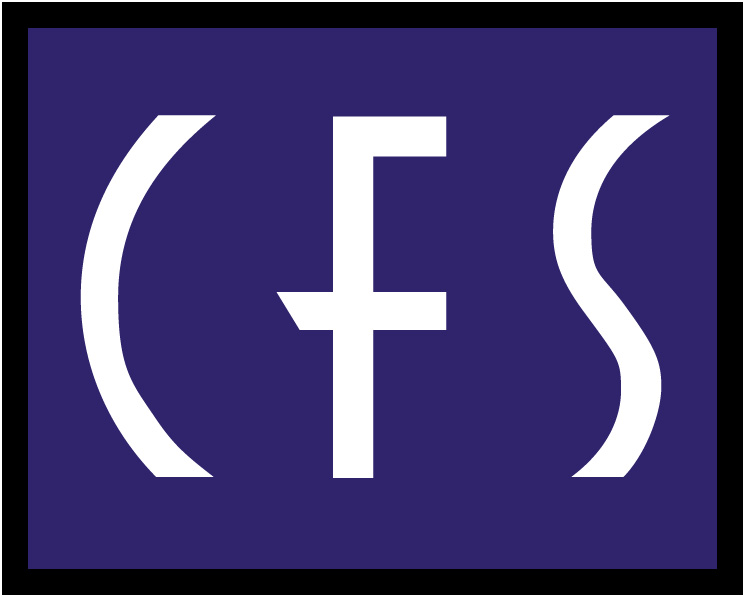In recent years, artificial intelligence (AI) has transitioned from the realm of science fiction to an integral part of our daily lives. From chatbots that manage customer service inquiries to complex algorithms that predict market trends, AI is transforming industries and redefining the possibilities of technology.
The staffing industry, too, has witnessed the profound impact of AI’s capabilities. Nevertheless, despite these remarkable advancements, the human element remains a crucial component in the staffing industry.
The Rise of AI in Staffing
AI is revolutionizing the staffing industry by automating various aspects of the recruitment process. Applicant tracking systems (ATS) powered by AI can sift through thousands of resumes in seconds, identifying the most qualified candidates based on predefined criteria. Generative AI can create eye-catching job descriptions and, conversely, summarize the key tasks associated with a particular position. Chatbots can answer candidate inquiries, schedule interviews, and send interview reminders, significantly reducing the workload for human recruiters.
Despite these efficiencies, the human touch is irreplaceable in staffing. Recruiters possess the nuanced understanding of company culture and team dynamics that AI lacks. While AI can screen candidates based on technical qualifications, humans are better equipped to assess soft skills, cultural fit, and potential for growth. The final hiring decision, therefore, often requires human judgment to ensure the best match between candidates and employers.
“AI can detect keywords and sort through resumes, making the process faster, but only a recruiter can determine the best candidate-client match. A personal interview is essential to assess soft skills and cultural fit, which are ultimately the most important factors when placing a candidate.” (Diane LeMaire, Area Director)
The Future of AI and Human Collaboration
The future of AI lies in augmenting human capabilities, not replacing them. By integrating AI’s data-driven insights with human intuition and interpersonal skills, we can enhance the recruitment experience, tailor solutions to meet specific needs, and foster stronger connections between employers and employees.
The future of AI in staffing is not about machines replacing humans but about forging a partnership where AI and human expertise work together to enhance the recruitment process. This collaboration aims to provide a superior experience for both employers and job seekers, streamlining the search for top talent and matching individuals with the right career opportunities.
“The recruiting industry has evolved significantly with the introduction of various tools that have transformed how companies identify and attract top talent, such as the internet and LinkedIn. At CFS, we are constantly exploring new technologies to improve our processes and quality of work. However, regardless of the tool, the human element is essential in determining how best to deploy these tools and assess their results.” (Bart Bauer, Regional Director)
Conclusion
AI is revolutionizing the staffing industry and transforming recruitment practices. However, human involvement is still essential for effectively using and interpreting AI data. By combining human oversight with AI’s capabilities, staffing can become more efficient and sophisticated, blending technological strengths with the personal touch needed for successful recruitment and lasting satisfaction.
To see these advancements in action, connect with a CFS recruiter to address your hiring needs or accelerate your job search.



